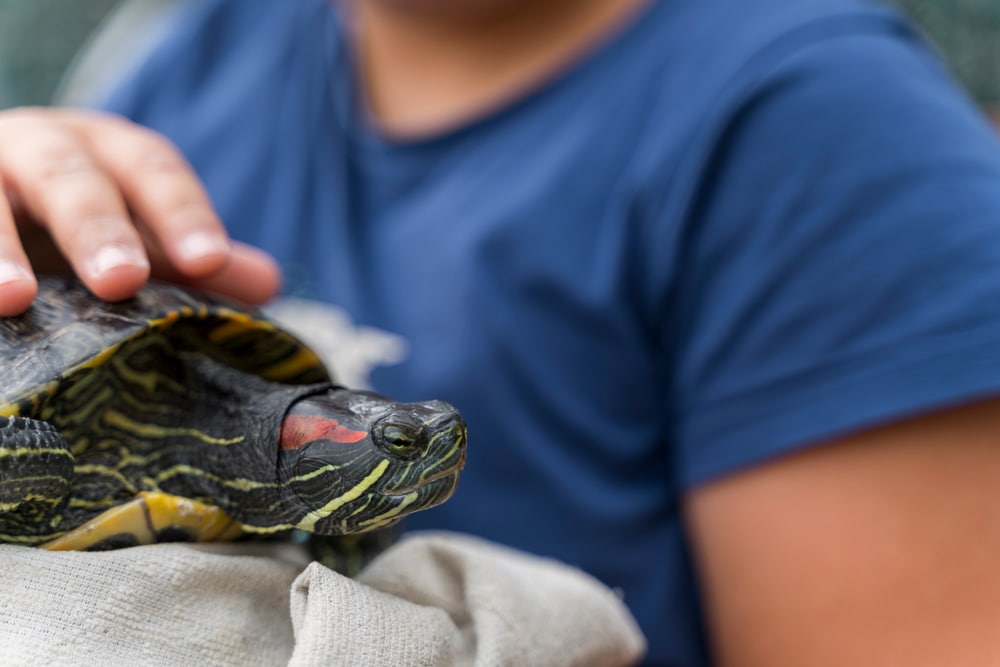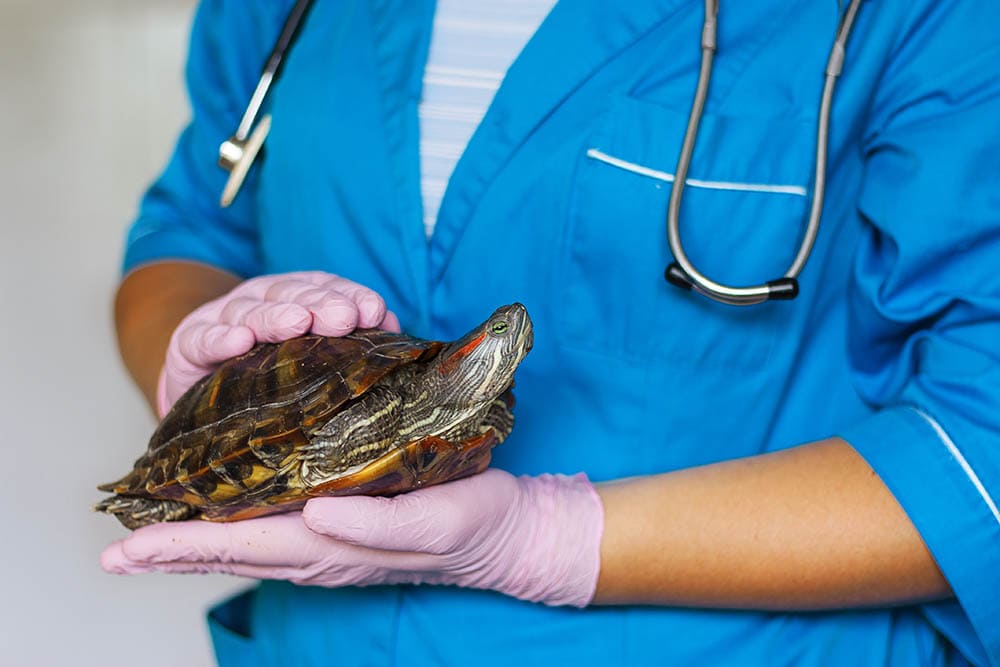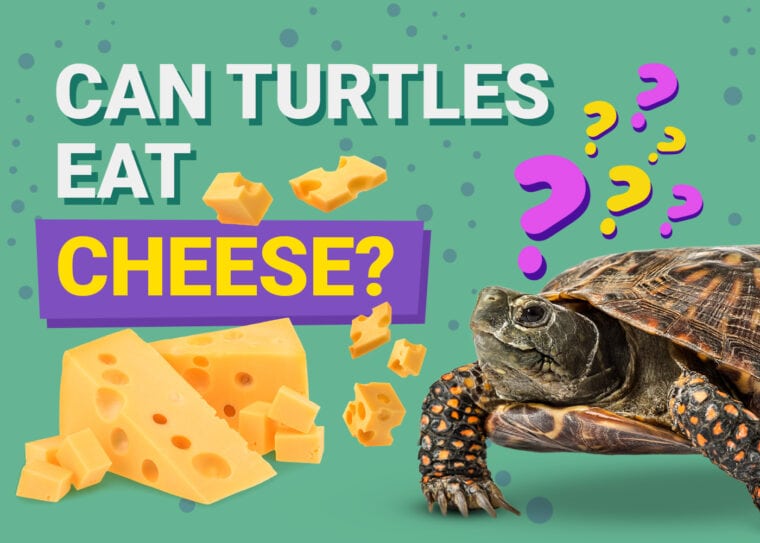
It’s natural to want to share a snack with our pets, but working out what is healthy and what could potentially cause harm can be tricky. If you’re partial to a cheese platter, you may wonder if you can share a little cheddar or slip your pet turtle some brie. Unfortunately, turtles shouldn’t eat cheese; they can’t digest dairy products, so snacking on cheese could make them sick and lead to serious health complications.
What Happens if a Turtle Eats Cheese?
Turtles can’t digest cheese, which means they will be left with severe indigestion that will cause them discomfort and pain. And considering a treat is meant to be something pleasant, that is the opposite of what you’re going for.
If your turtle eats cheese by accident, even the smallest amount could cause them to feel unwell. They might lose their appetite or even vomit afterward. This can lead to other problems, especially if your turtle stops eating. Other signs that your turtle is feeling unwell are if they seem lethargic or aggressive. If you suspect your turtle has eaten something they shouldn’t, like cheese, contact your veterinarian.
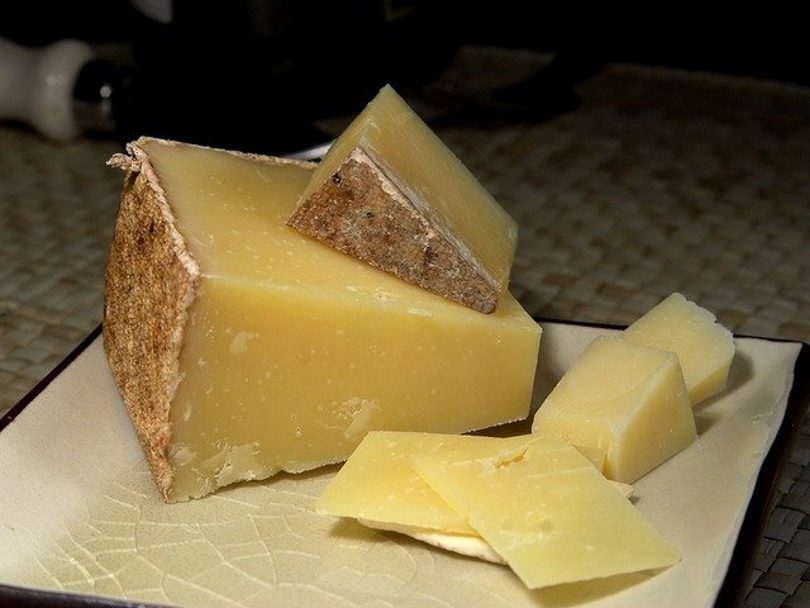
Is Cheese Toxic to Turtles?
There isn’t anything to suggest that cheese is toxic, but as they never consume milk or dairy of any kind in the wild, even as hatchlings, their digestive systems are not designed to digest it. Cheese is also high in fat, which causes obesity in reptiles. Obesity and fatty liver disease (hepatic lipidosis) can cause many other health problems, such as diabetes, heart disease, and kidney failure.
Like many pets, turtles don’t always know what’s best for them, and they’ve even been known to “beg” for food, which means it’s up to you to make the best decisions for them. This means feeding them the right food and not overfeeding them.
What Human Food Can Turtles Eat?
Turtles are omnivores, which means, like us, they can eat many things and enjoy a varied diet of meat, vegetables, fruits, and fish. They are also opportunistic, so you will need to be careful what you keep in reach of them, and it’s a good idea to be aware of what they can and can’t eat to avoid accidents.
Turtles thrive on a diet of turtle pellets, finely chopped fruit and vegetables, and leafy greens. But they also enjoy shrimp and insects as a treat. You can dust their food with calcium powder to provide a boost of this incredibly important nutrient, or better yet, make sure the food you offer them packs a calcium punch. Additionally, there are plenty of other human foods you can share with your turtle, and if you’re ever unsure if something is healthy or unsafe, run it by your vet first!
Canned and Fresh Fish

Anchovies and sardines are an excellent treat for your favorite turtle, but if you’re opting for canned fish, avoid fish soaked in salt and oil. Fresh fish is a healthier option. However, store-bought fish doesn’t contain the right balance of calcium and phosphorous that your turtle needs, so feed it to your turtle in moderation (maybe once or twice a month). Ensure you cook the fish and keep it plain, so no oil or seasoning!
Fruit
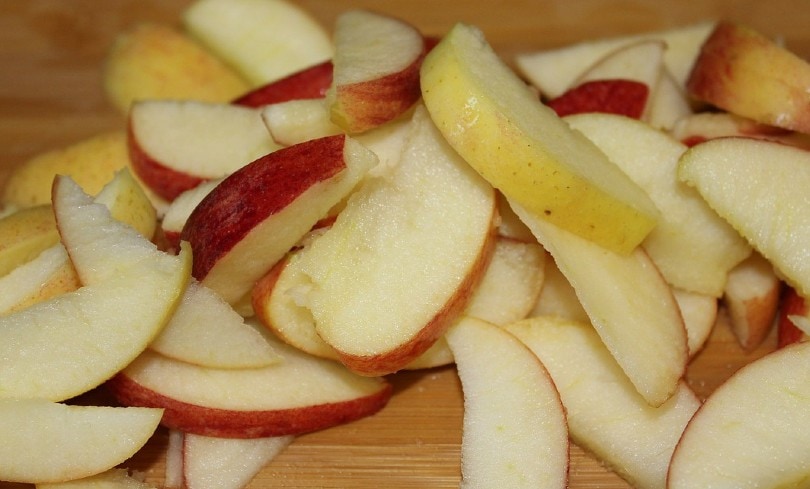
You can feed your turtle fresh fruit in moderation. Some good examples that your turtles will enjoy are:
Ensure you remove all skins and seeds. And remember, fruit is acidic, high in natural sugar, and can cause diarrhea in reptiles if they eat too much.
Meat

Your turtle can eat chicken, beef, and turkey. Like with fish, ensure you cook it thoroughly, keep it plain, and offer it in bite sized pieces, once or twice a month!
Vegetables
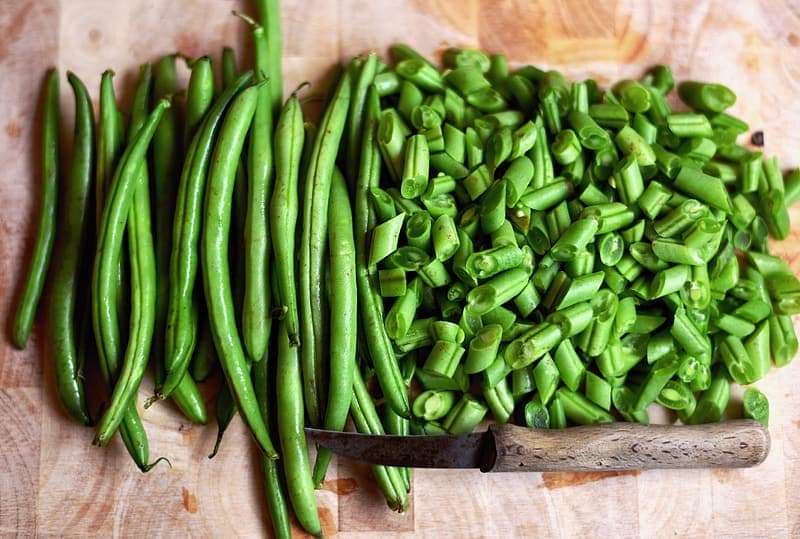
Vegetables and leaves will make up a large part of your turtle’s diet as it is healthy and nutritious; the best choice is a leafy vegetable since it’s high in potassium and fiber. You can feed your turtle vegetables about four times a week, and they will enjoy the following:
Final Thoughts
Turtles can’t eat cheese, which can cause pain and discomfort if they ingest it. Cheese is high in fat and does not provide adequate nutrients for your pet. If you are worried about your turtle and suspect they’ve eaten cheese, contact your vet immediately. While your turtle can’t share a cheese board with you, they can enjoy plenty of other things, which leave all the more cheese for you!
Featured Image Credit: AlexKlen, Pixabay




